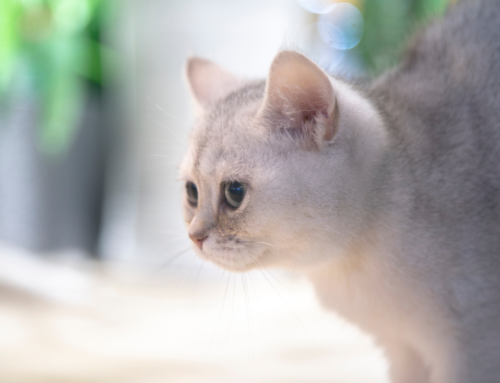
Body odor isn’t static – it evolves as we grow. Understanding why body odor changes with age helps explain what’s normal and reduces stigma. From the sweet scent of a newborn to the subtle aroma of later life, each stage reflects shifts in hormones, glands, and skin chemistry. Culture also plays a role: many adore the “new baby smell,” while jokes about “old person smell” still persist. But these scents are simply part of being human.
The Sweet Smell of Babies and Children

Anyone who has cradled a newborn knows the “new baby smell” – a delicate, almost addictive scent. Newborns arrive coated in vernix caseosa and amniotic fluid, which likely contribute to the aroma that fades after a few weeks. Remarkably, parents can identify their own baby by smell within hours. Studies show that smelling a baby’s head activates reward pathways in the brain, creating feelings of joy.
During early childhood, body odor remains minimal. Children do not yet produce the oily sweat that leads to strong odor because their apocrine glands stay inactive until puberty. Unless they’ve been playing hard or need a diaper change, most smell neutral. Bathing and clean clothes are usually enough to keep them fresh.
Puberty: When Body Odor Kicks In
Puberty is the first major turning point in why body odor changes with age. The hormonal surge activates oil and sweat glands, especially in the armpits and groin. While sweat itself is odorless, skin bacteria break it down into compounds that create a stronger smell. Teens often notice this change suddenly, which is perfectly normal.
Genetics also affect odor strength. A gene variant common in East Asians reduces underarm odor, while people of African or European heritage often produce more. Regardless of background, personal hygiene becomes essential at this stage: showers, fresh clothes, and sometimes deodorant.
Cultural approaches vary. In some places, schools openly discuss body odor, while in others the topic is treated more gently. But everywhere, adolescents adapt to their changing bodies.
Adulthood: Lifestyle and a “Signature” Scent
By our 20s and 30s, body odor usually stabilizes into a personal “signature scent.” Adults sweat through both eccrine and apocrine glands, and the mix of skin bacteria gives each person a unique odor. Everyday factors such as diet, stress, and hygiene influence this scent. Foods like garlic and curry can seep through pores, while hydration and fruit-rich diets may keep sweat milder.
Lifestyle habits shape perception of odor. Someone who showers daily and wears clean clothes tends to have a neutral scent, while skipping showers or re-wearing sweaty clothing can create noticeable odor. Smoking and drinking also contribute, since smoke clings to hair and alcohol can metabolize into a sour smell.
Culturally, expectations around adult odor differ. In many places, there’s an unspoken rule not to smell strongly in public, while other societies accept a more natural musk. These norms, combined with biology, define why body odor changes with age for adults.
Later Years: Why Body Odor Changes with Age
As we reach middle age and beyond, subtle changes in body chemistry create what people sometimes call “aging smell.” By our 40s and 50s, skin lipids oxidize more, producing compounds such as 2-nonenal. Once exposed to oxygen, this compound gives off a faint musty, grassy scent. Older skin also tends to be drier and regenerates more slowly, so these compounds linger longer.
This odor is natural and not a sign of poor hygiene. In Japan, where grooming is highly valued, it is known as kareishū, and special soaps are marketed to older adults. Other cultures don’t have a specific term but acknowledge that people in later life may share a subtle, common scent.
Importantly, research shows this odor is not necessarily unpleasant. Experiments found that participants could identify the scent of older adults, but they rated it as less intense and less unpleasant than younger adults’ odor. The negative reputation likely comes more from stereotypes than the smell itself.
Takeaway: Every Age Has Its Aroma

From the sweetness of infancy to the gentle musk of later years, our body odor evolves with us. These changes are natural, rooted in biology, and experienced by everyone. Cultural attitudes may shape how we feel about them, but at the core, they are simply part of life.
By understanding why body odor changes with age, we can better support one another. That might mean reassuring teens that their new smells are normal or helping older adults feel confident and fresh. Every age has its scent, and instead of labeling it as “good” or “bad,” we can embrace it as part of the human journey. PRIME














Leave A Comment